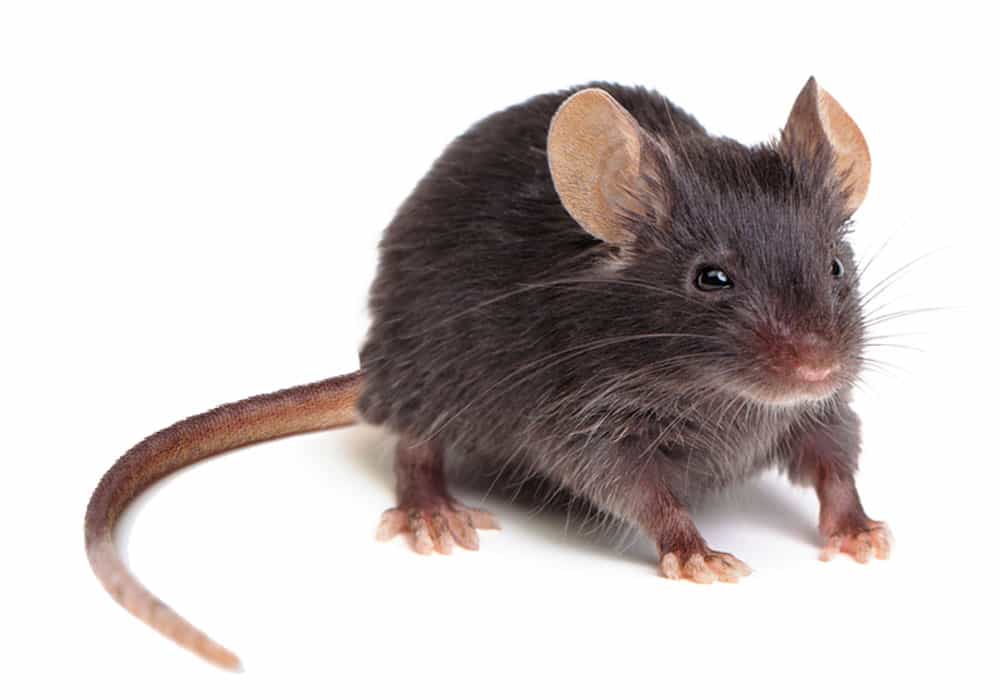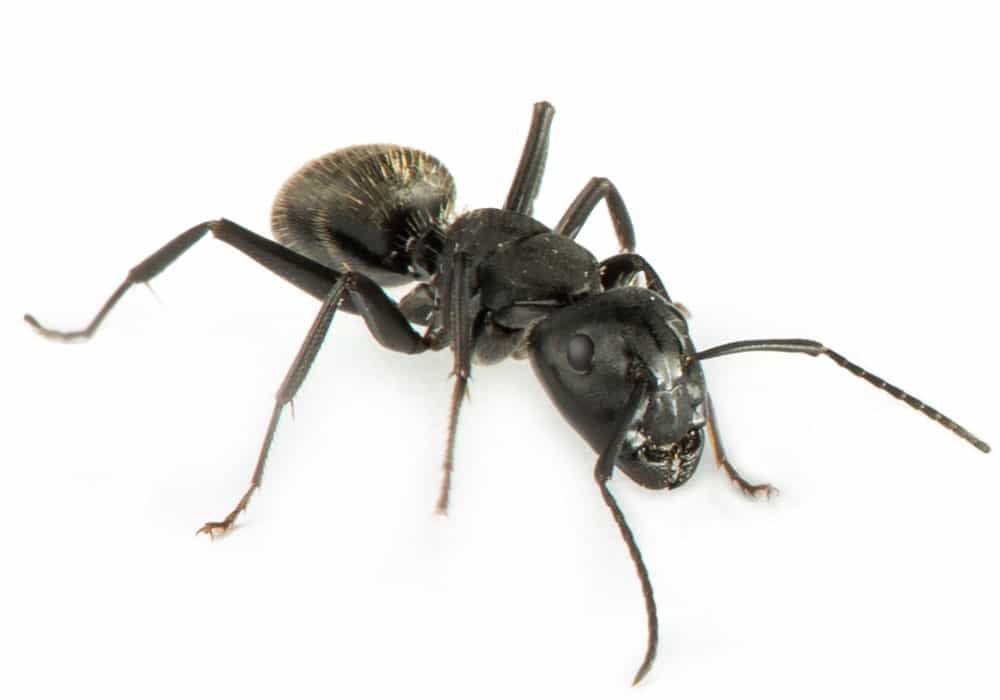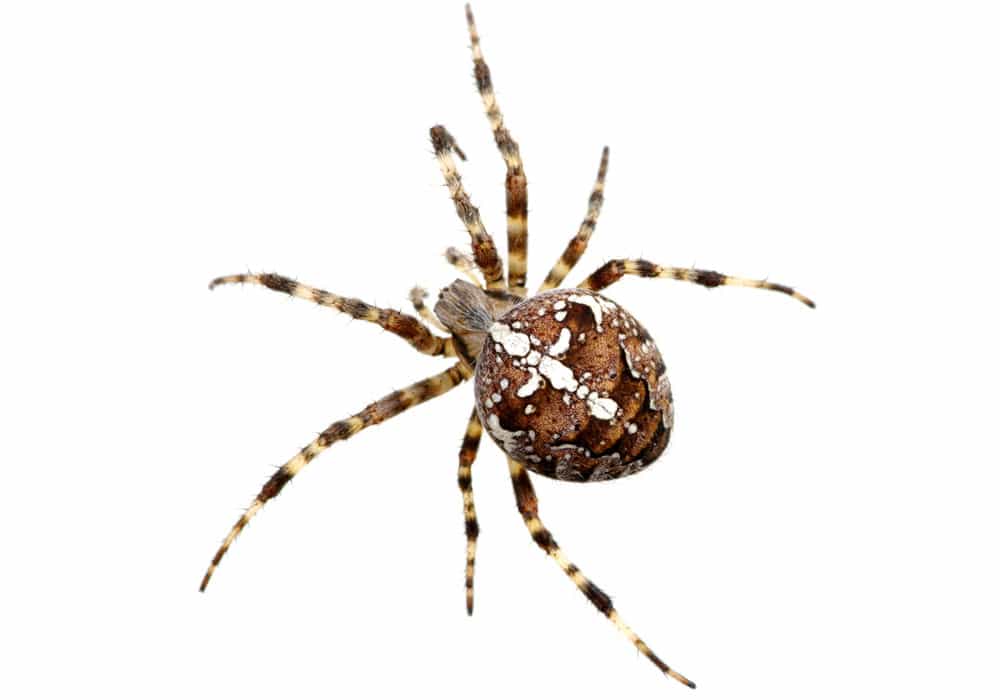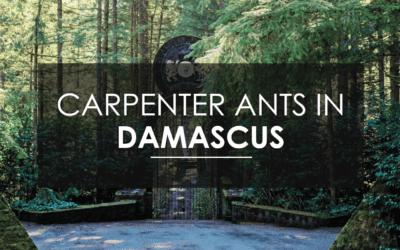Quality Pest Control Services in
DAMASCUS
Damascus Quality Pest Control
Why should you trust Aspen Pest Control with your home or business? Our team has served the Damascus community for many years with top-of-the-line, green, and safe pest control solutions for homes and businesses. We take pride in our team’s professionalism, pest control expertise, and customer service.
When we send one of our pest control technicians to your home to inspect for pests, you’ll immediately see the difference between us and our competitors. Our technicians put you first. We ensure that by paying them a standard rate rather than a quota, they will take the time necessary with you and your property. Our pest control technicians are experts and can quickly identify what needs to be done and the extent of the problem.
Quality also means standing by your work. We back up our regular pest control treatments with a guarantee. Call us today to find out how we can help you.
Need to talk to someone right now?
Damascus Quality Pest Control
Why should you trust Aspen Pest Control with your home or business? Our team has served the Damascus community for many years with top-of-the-line, green, and safe pest control solutions for homes and businesses. We take pride in our team’s professionalism, pest control expertise, and customer service.
When we send one of our pest control technicians to your home to inspect for pests, you’ll immediately see the difference between us and our competitors. Our technicians put you first. We ensure that by paying them a standard rate rather than a quota, they will take the time necessary with you and your property. Our pest control technicians are experts and can quickly identify what needs to be done and the extent of the problem.
Quality also means standing by your work. We back up our regular pest control treatments with a guarantee. Call us today to find out how we can help you.

Need to talk to someone right now?
Guaranteed Results

Guaranteed Results
Award-Winning Pest Control
We have worked hard to achieve recognition in the community and among our customers. We are members of the Oregon Pest Control Association and have received numerous honors from other associations and brands for our customer service and quality pest control services.






Free Pest Control Consultations

Free Pest Control Consultations
On-Time Pest Control

On-Time Pest Control
Family & Pet-Safe Pest Control
Protect your family by using only safe green pest control products. These green pest control treatments are safe for kids and pets. We take extra care to make sure we apply these treatments in ways that won’t disrupt your busy family life.

Family & Pet-Safe Pest Control
Protect your family by using only safe green pest control products. These green pest control treatments are safe for kids and pets. We take extra care to make sure we apply these treatments in ways that won’t disrupt your busy family life.
Common Damascus Pests
We see the same pests from house to house in Damascus. Most pests in the Pacific Northwest are seasonal, so we see increases in them during different times of the year. Select a pest below to learn more about each pest.
Damascus Pest Control Services
Residential Pest Control
Call now to speak to an Aspen Pest Control technician and get a free consultation.
Green Pest Control
Protect the beauty of Damascus by working with a green pest control company.
Commercial Pest Control
Protect your business property from pests using a professional and efficient pest control company.

Damascus Deserves The Best
Damascus residents enjoy Oregon’s natural beauty— surrounded by gorgeous fields and stunning views of Mt. Hood. It’s an enchanting place to live. We love serving the Damascus community, not just for the view but because of your unique pest control problems.
We believe in integrity and hard work. When we send a pest control technician to your home, they always do their best work. There’s nothing better than the feeling of doing a good job for a customer.
We give Damascus everything we have because we are local and non-franchised. We don’t treat you like just another number. Our customers are our neighbors. We want to maintain our reputation and serve the community with the best pest control treatments available.
Same-Day Service

Same-Day Service
Serving Damascus Neighborhoods
We serve the entire Damascus community. We build our pest plans based on your needs and budget. Call us to see what we can do for you.
Carver
Damascus
Ondo Rivera
Semple Road
Sunshine Valley Road
Windswept Waters
Our Portland Office
See What Customers Are Saying

These folks are thorugh, polite, patience with questions, on time. You can not find a better organization for controlling/preventing pest problems
Sabastian was personable and very thorough in his treatment of our home. Thank you for the great service.
I was apprehensive at first. In the past I did pest control myself and I don't normally like signing contracts. But I am really glad I went with Aspen. The office isn't pushy in the least, as I found others to be. Secondly, the guys who arrived were wonderful. Professional, knowledgable, took the time to explain everything in detail. As promised, no odor in the least. In addition, the contract is 100% fair business, clearly written with no "small type". I was confident signing. They'll come back every three months for a total of one year service, plus as often as needed without further costs, in any pest issues do arise.

See What Customers Are Saying

These folks are thorugh, polite, patience with questions, on time. You can not find a better organization for controlling/preventing pest problems
Sabastian was personable and very thorough in his treatment of our home. Thank you for the great service.
I was apprehensive at first. In the past I did pest control myself and I don't normally like signing contracts. But I am really glad I went with Aspen. The office isn't pushy in the least, as I found others to be. Secondly, the guys who arrived were wonderful. Professional, knowledgable, took the time to explain everything in detail. As promised, no odor in the least. In addition, the contract is 100% fair business, clearly written with no "small type". I was confident signing. They'll come back every three months for a total of one year service, plus as often as needed without further costs, in any pest issues do arise.
Recent Damascus Blog Posts
How to Eradicate Stinging Insects in Felida, WA
If you're a resident of Felida, WA, or its surrounding areas, you're likely no stranger to the buzzing presence of stinging insects during the warmer months. From Western Yellowjackets to Bald-faced Hornets and everything in between, these buzzing creatures can pose a...
How to Exterminate Carpenter Ants in Damascus, OR
Imagine, if you will, that you're sitting down to enjoy a relaxing evening at your Damascus home, perhaps sipping on your favorite beverage and unwinding after a long day. Suddenly, you spot something out of the corner of your eye—a small, black insect scurrying...
Sugar Ant Extermination in La Center, WA
Sugar ants, or odorous house ants, are a pervasive problem for homeowners in the Pacific Northwest, including in La Center, WA. Infestations are easily acquired but challenging for homeowners to eliminate on their own. Although sugar ants do not excavate wood like...
Sugar Ant Control and Removal in Woodland, WA
Sugar ants may be tiny, but they can be a big nuisance for homeowners in Woodland, WA. These tiny pests can quickly invade homes in search of food, leaving trails of ants and causing frustration for residents. In this guide, we'll discuss how to identify sugar ants,...
How Exterminators Tackle Ant Problems – What To Expect
How Exterminators Tackle Ant Problems 1. Ants Enter Through Your Foundation Exterminators often find that ants are entering homes through cracks in the foundation. Once they get inside, they typically travel through walls, emerging from gaps behind baseboards or...
The Best Ant Baits and Products for Effective Control
The Best Ant Baits and Products for Effective Control 1. The Power of Ant Bait When it comes to long-term ant control, using ant bait is crucial. While products like Raid or vinegar can kill ants on contact, they won’t address the source. Baiting allows ants to take...
Can You Permanently Get Rid of Ants?
Can You Permanently Get Rid of Ants? What You Need to Know 1. The Challenge of Keeping Ants Away Forever Unfortunately, it’s very difficult to guarantee permanent freedom from ants. Nature has a way of filling any voids left behind by eradicated colonies. If one...
Vancouver Office:
12104 NE 95th St.
Vancouver, WA 98682
Portland Office:
8305 SE Monterey Ave
Suite 220 Q
Happy Valley, OR 97086
Mailing Address:
13504 NE 84th St
Suite 103 – 263
Vancouver, WA 98682







